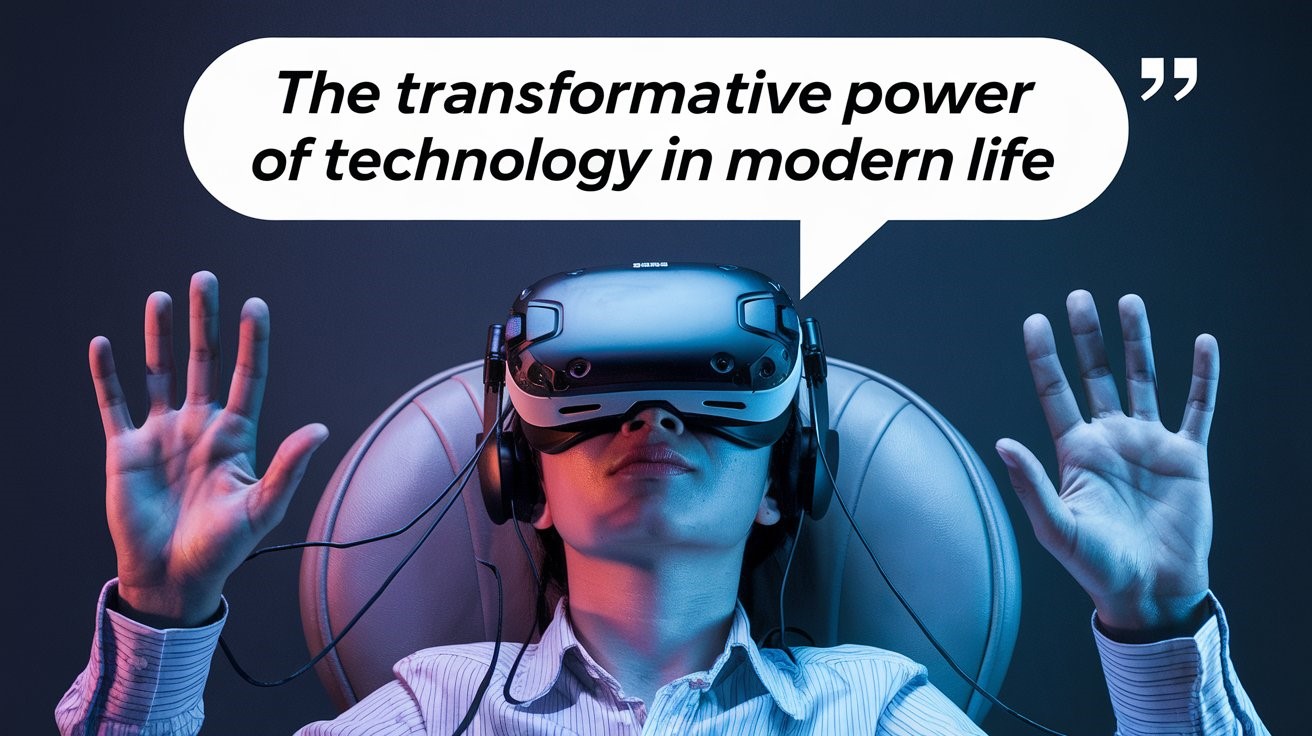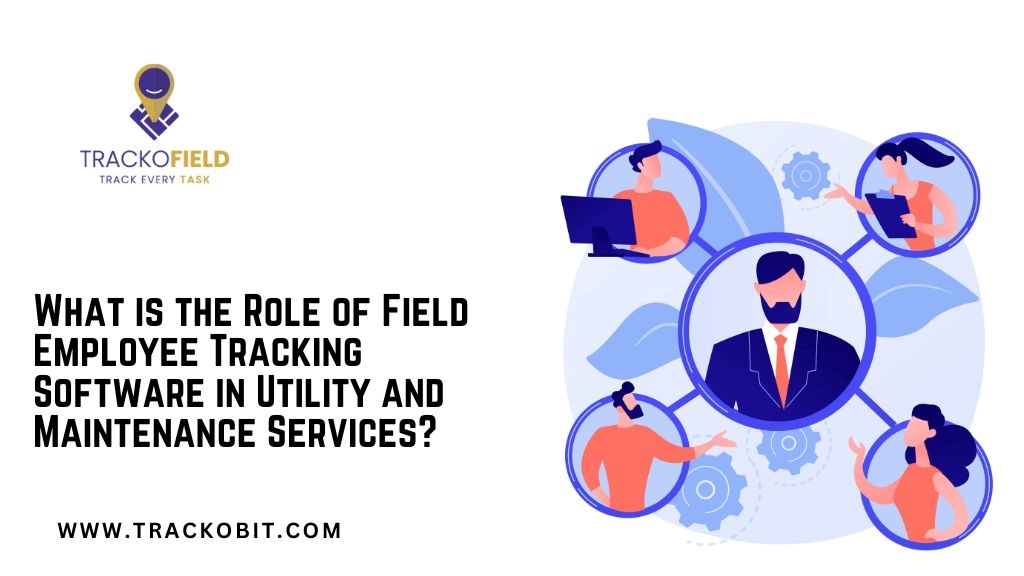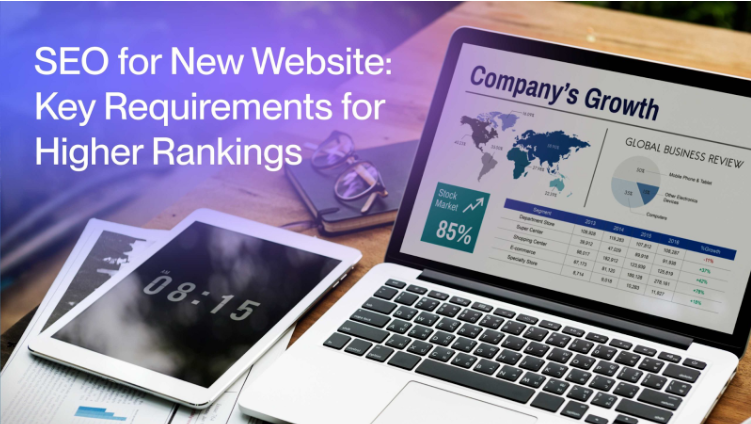
Technology is an integral part of our daily lives, shaping how we work, communicate, and interact with the world. With rapid advancements in areas like artificial intelligence (AI), the Internet of Things (IoT), and robotics, technology is not just solving complex problems—it’s redefining the future. These innovations are creating smarter cities, enhancing healthcare, and optimizing industries, offering unparalleled opportunities for growth and development.
Emerging Technologies Driving Innovation
AI has emerged as a game-changer across multiple sectors. From predictive analytics in business to advanced machine learning algorithms in healthcare, AI is helping organizations make data-driven decisions and improve efficiencies.
IoT has further bridged the gap between the physical and digital worlds. Smart home devices, wearable health trackers, and industrial IoT systems are enabling real-time monitoring and automation. For example, IoT-connected sensors in agriculture optimize water usage, while smart cities use data analytics to manage traffic and reduce energy consumption.
Meanwhile, advancements in robotics and automation are transforming manufacturing and logistics. From warehouse robots ensuring faster order fulfillment to surgical robots offering precision in medical procedures, automation is driving unprecedented efficiency. Emerging fields like quantum computing and edge computing are set to amplify these changes, promising faster processing and decentralized data management.
Addressing Challenges with Tech
While technology offers remarkable solutions, it also presents challenges like data privacy, cybersecurity, and accessibility gaps. Ensuring equitable access to technology is crucial, especially as digital transformation accelerates. Companies and governments are focusing on ethical tech practices, inclusive design, and robust regulations to address these issues.
Technology for People with Disabilities
One of the most inspiring applications of technology is its role in supporting individuals with disabilities. Assistive technologies, such as screen readers, voice recognition tools, and smart prosthetics, empower people to overcome physical and cognitive barriers. AI-powered apps describe the environment for visually impaired users, while mobility aids like exoskeletons offer increased independence.
Services like those provided by the Office for People With Developmental Disabilities (OPWDD) further enhance this support by ensuring access to technology and resources tailored to individual needs. OPWDD services often include assistive tech tools, customized learning devices, and mobility aids, helping individuals achieve greater autonomy and integration into society. These innovations, combined with supportive frameworks like OPWDD, demonstrate the potential of technology to foster inclusivity and create a society where everyone can thrive.
A Connected and Smarter Future
The evolution of technology is unstoppable, and its potential to revolutionize the world is boundless. Whether through improving healthcare, enabling sustainable practices, or empowering underrepresented communities, technology is a catalyst for progress. However, its growth must align with ethical considerations to ensure a future that benefits everyone.
Conclusion
Technology is more than a tool - it’s a transformative force shaping our present and future. Its role in improving lives, fostering innovation, and addressing societal challenges cannot be understated. As we continue to develop groundbreaking solutions, it’s vital to remain focused on creating accessible and inclusive technologies that leave no one behind. By doing so, we can build a future where technology not only drives progress but also uplifts humanity as a whole.



